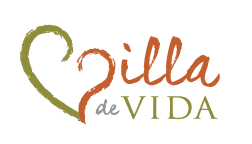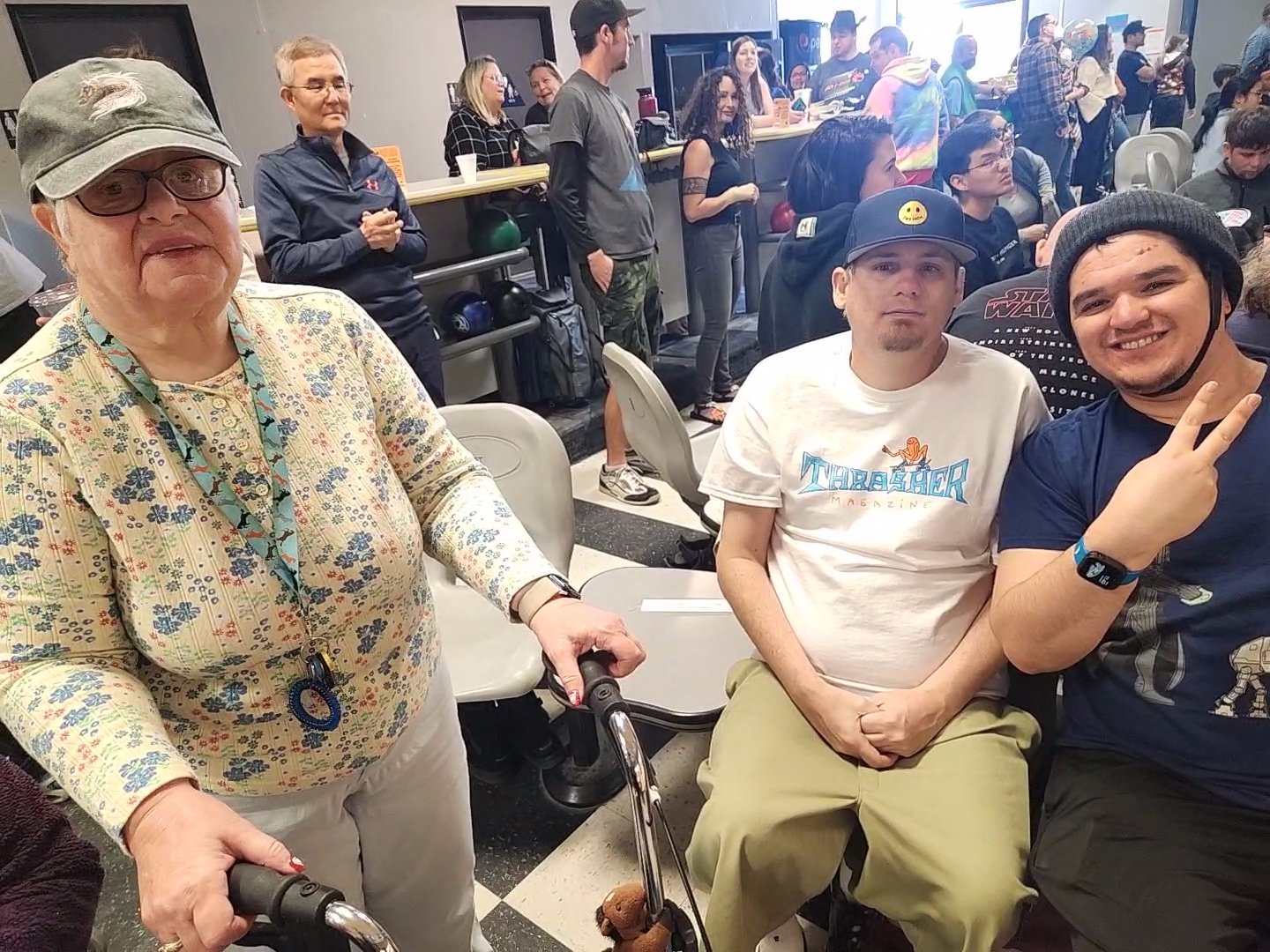
Who We Serve
THE PROBLEM:
As a society, we do very little to help people with disabilities.
According to World Health Organization (WHO), an estimated 1.3 billion people experience significant disability. This represents 16% of the world's population, or 1 in 6 of us.
The World Health Organization defines a disabled person as anyone who has “a problem in body function or structure, an activity limitation, and has a difficulty in executing a task or action; with a participation restriction”. Furthermore, they estimate that there are over 1 billion disabled people in the world. So, it is fair to conclude that the number of people affected by any form of disability represents a significant part of the world population, from children to adults alike.
In California, there are over 625,000 individuals who have an intellectual or developmental disability. Of these, well over half are over 18 and over 60% of these are currently living with parents or other family members.
20 years ago, that wasn’t the case. Disabled adults with virtually any type of impairment were typically placed in group homes or institutions. Today only 8% of IDD (intellectually and developmentally disabled) adults live in independent living situations. Yet some reports state that only about 6% of those living with disabilities report difficulties with independent living.
This tragic mismatch of need v. community solutions is at the very heart of the problem.
In a report last year by the Center for Disease Control (CDC), they estimated that 7.2% of all adults have some kind of disability that directly affects their ability to live independently. They further concluded that improving access to healthcare, promoting healthy living, building inclusive programs, and providing habilitation can dramatically
improve the quality and longevity of life for those with disabilities.
Being disabled means taking a slightly different path but it should never hinder potential. People with disabilities can live and participate in the community. But more than 40% of disabled people do not have assistance for their everyday activities. In the USA, 70% of adults with disabilities rely on family and friends for assistance with daily activities.
But there are real people behind these figures who are looking for solutions to improve their lives. These solutions can ensure that they have access to everything our society has to offer - independence, relationships, employment, community.
“Independence is an interesting privilege. How many of us treasure our independence? All of us! How many of us are totally independent? None of us! We all need each other. None of us would have jobs, relationships, security or resources without each other. We all need community. Again, this reality is the same for people with developmental disabilities. The definition of independence is freedom to enjoy who we are.”
Ted Merchant - founder Villa de Vida
Villa de Vida is providing a solution
Our two primary programs work together to provide pathways to successful lives for these adults. Our team also works closely with the County of San Diego Regional Center to ensure that there is significant synergy between the services and resources offered by both organizations.
The Villa de Vida Independent Apartment Community (“Villa”)
Villa de Vida Poway is a 54-bedroom community in the City of Poway created for residents with developmental disabilities. Each unit in this beautiful, independent living community has a full kitchen, private bathroom, living room, bedroom, and outdoor patio.
Community Enriched Activities (Vida)
Our Social Club is the heart of our community outreach. A calendar of social and recreational activities keep residents and other disabled adults in our community engaged, promote self-sufficiency and a healthy standard of living. Resident Services plan social events and also provide classes that focus on adaptive physical education (e.g. yoga and dance). We work to improve receptive and expressive communication skills during social activities. Our goal is to use generalization so that skills learned with friends and coordinators can be used in employment settings and activities of daily living.





